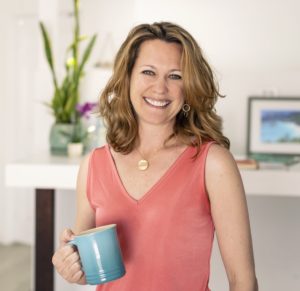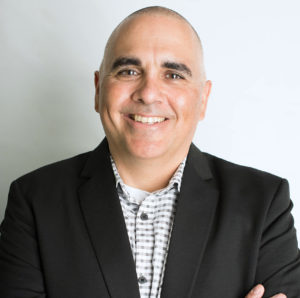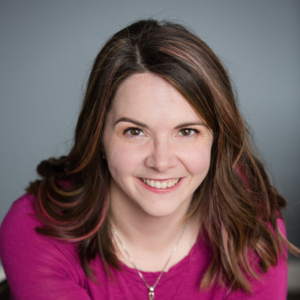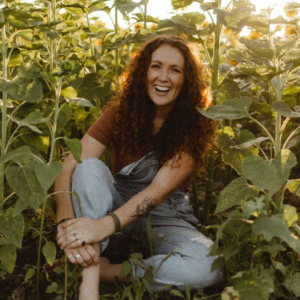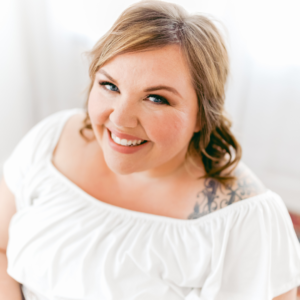I'm so excited to introduce you to this week's guest on Pep Talks for Side Hustlers, Katie Scott of More With Money!
Katie is a former accountant turned entrepreneur who gets over-excited about money management systems and business strategy. She teaches women entrepreneurs how to achieve personal and business financial wellness so they're truly free to pursue their passions, not their next paycheck. She's also known for being a nap lover, buffalo wing addict, and overly-obsessed dog mom.
Push play to listen to this week's episode, or read the full transcript below!

